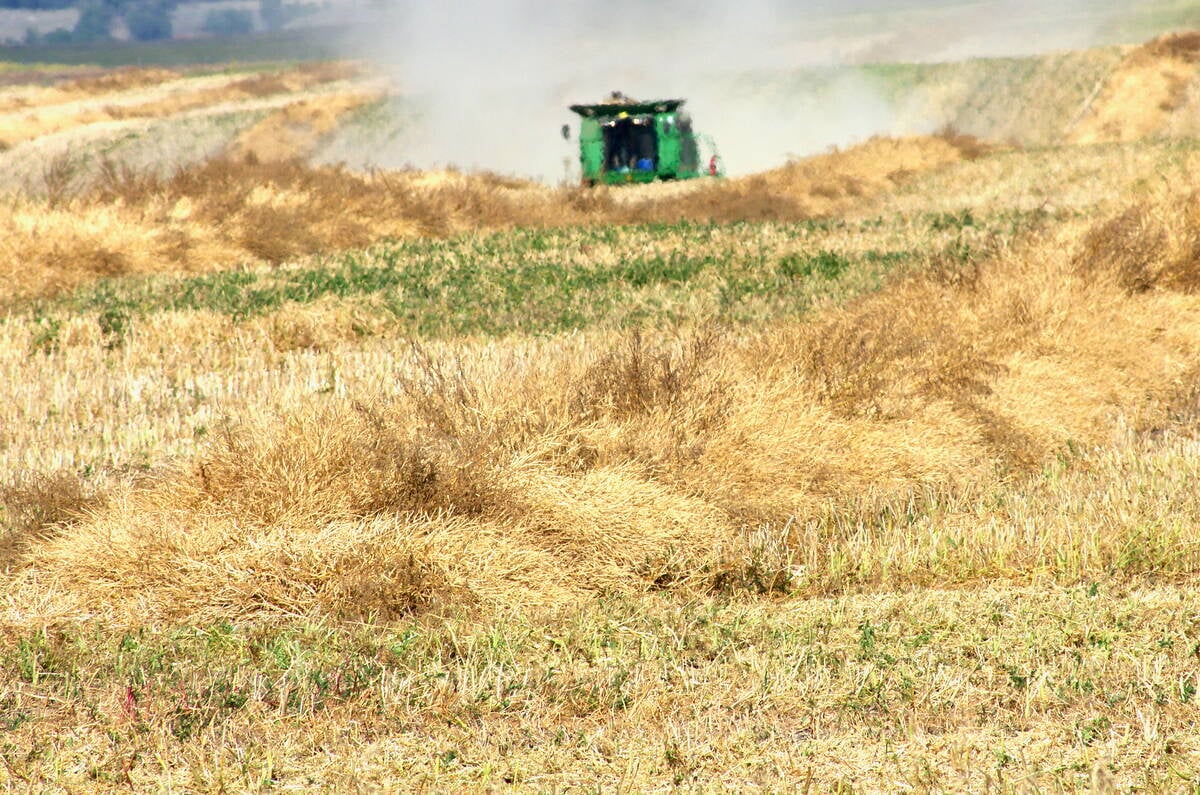WINKLER, Man. – Chewing on worries about the future of farming while chowing down on doughnuts was about as hot as conversation got at a CP Rail meeting last week.
CP Rail wrapped up its annual series of meetings with eight producers in attendance.
George Smellie has traveled across the country for the railway each year for more than 10 years telling producers what’s new with CP Rail, and to hear their concerns about grain transportation.
Small turnouts are typical, he said. At one meeting in Alberta this year, four company employees and a grain elevator representative showed up, but they were joined by only one farmer.
Read Also

Manitoba searches for Plan B on canola oil exports
A new report explores Manitoba’s current canola oil trade and possible alternative markets to the U.S.
Adolf Kletke said he went to the Winkler meeting to get confirmation from the railway about the effects of changes to the Western Grain Transportation Act. He got the information, he said, but didn’t hear anything new.
“It is a genuine concern … I made my way in farming on just grain because of the type of soil we farm,” he said.
Smellie said the railways are making as many guesses as farmers about what will happen to freight rates and farming in upcoming months. “Our best guesses . . . may be off-base.”
He told producers the cost of shipping grain has declined, “which is as close to good news as I can offer you at the moment.”
In 1984, it cost CP Rail $29.01 per tonne to ship grain, including the Crow subsidy. Today, he said it costs $19.99, if costs are converted to 1984 terms.
Smellie said keeping costs down will continue to be important to CP Rail, no matter what happens with the WGTA. And he said one future cost-saving measure will be to abandon more lines. The Winkler line is well-used and not at risk of being abandoned, he said.














